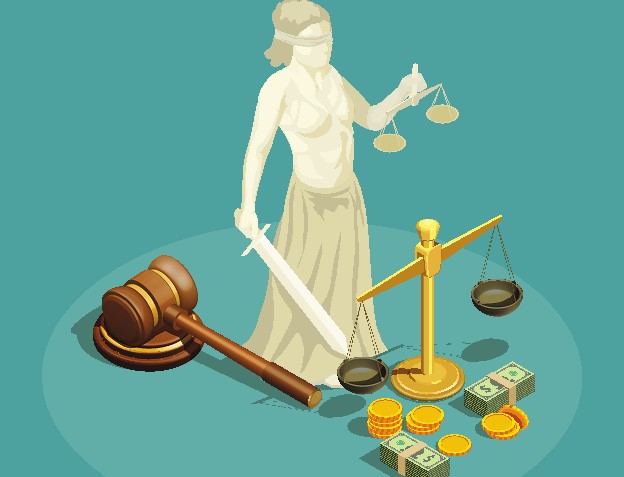
Grades 9-12

Don't have an account yet? Sign up for free
Don't have an account yet? Sign up for free


Students will understand that incentives are used to encourage them to make good choices. After identifying incentives offered at home and in school, the students will distinguish between positive and negative incentives.
 What are Incentives? Incentives are things offered to you to help in the decision making process. Incentives are offered to encourage you to act. Some incentives make people better off and reward them for their actions. Other incentives leave people worse off and penalize them for their actions.
What are Incentives? Incentives are things offered to you to help in the decision making process. Incentives are offered to encourage you to act. Some incentives make people better off and reward them for their actions. Other incentives leave people worse off and penalize them for their actions.
We are going to learn about positive and negative incentives and see how they influence you at home and in school. Guess What?! Here is a positive incentive for you. If you finish this activity, you will be rewarded with a game to play. This incentive is offered to encourage you to complete your work. If you do, you will earn the incentive and be able to play a game.
Activity 1: Incentives at Home
Let’s look! Here are some incentives that moms and dads use to encourage choices and decision making at home. In each sentence locate an incentive, then check your answer.
Does your family offer incentives to you?
Activity 2: Incentives at School
Let’s look! Here are some incentives that teachers use at school to encourage kids to make choices.. Find an incentive in each sentence below and check your answers.
Does your teacher offer incentives to you?
Activity 3: Positive & Negative Incentives
Now you know that incentives are used to encourage people to make certain choices. Let’s learn about different kinds of incentives. There are positive incentives and negative incentives.
Positive incentives make people better off and are called “rewards.” Look at the incentives above. Money, hugs, stickers, and field trips are positive incentives. These are things you want to get.
Negative incentives make people worse off and are called “penalties.” Losing TV time, not swimming, missing PE class, and time out are negative incentives. These are things you do not want to happen.
Let’s check to see if you can identify positive incentives and negative incentives. Click here to play. Why Should I? Activity
Congratulations! You have earned your reward. At the beginning of this lesson, you were offered the incentive of a game to play, if you finished your work.
Since you completed your work, you can now choose a game to play
With the rest of their class, have the students come up with some different incentives that you, the principle or other people in your school might use. After they come up with some ideas, have them fill out their own t-chart with positives on one side and negatives on the other.

Grades 9-12

Grades 6-8, 9-12

Grades 6-8, 9-12

